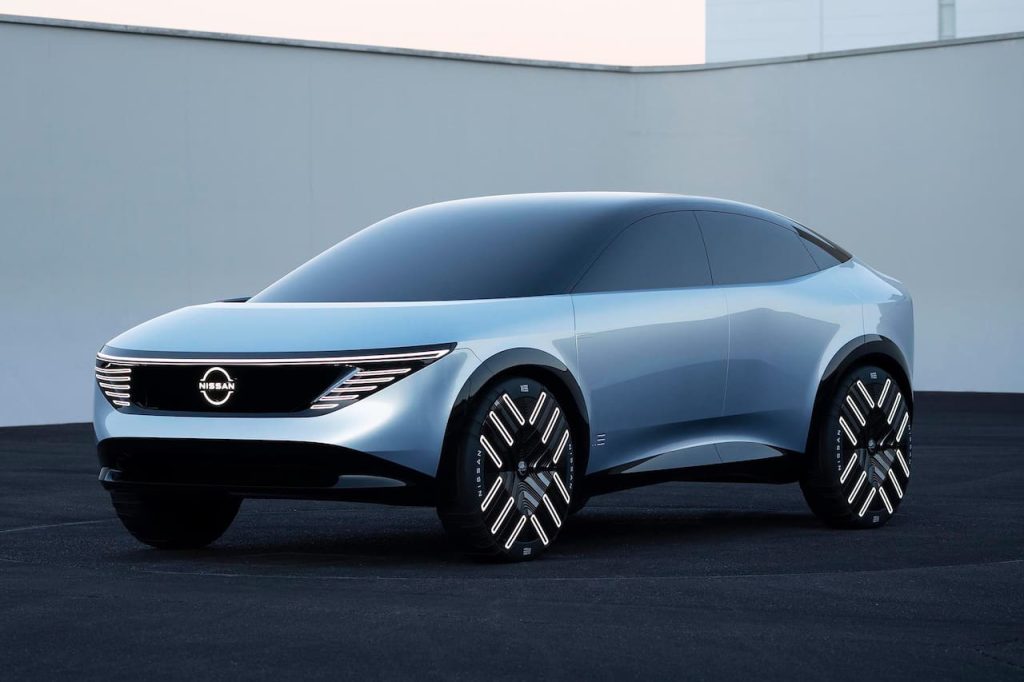

**Mitsubishi Set to Introduce Electric Vehicle Utilizing Nissan Leaf Platform in 2026**
In a tactical initiative aimed at enhancing its footprint in the swiftly changing electric vehicle (EV) sector, Mitsubishi Motors has revealed intentions to introduce a new electric vehicle in 2026, constructed on the Nissan Leaf platform. This advancement signifies a pivotal achievement in the ongoing partnership between Mitsubishi Motors and Nissan within the Renault-Nissan-Mitsubishi Alliance, and highlights Mitsubishi’s renewed dedication to electrification.
### Capitalizing on Alliance Strengths
The forthcoming EV will be Mitsubishi’s first passenger electric vehicle in several years, employing the CMF-EV (Common Module Family – Electric Vehicle) platform, which supports the Nissan Leaf and other EVs from the alliance. By utilizing Nissan’s established EV framework and technology, Mitsubishi seeks to minimize development expenditures and speed up its market introduction.
The CMF-EV platform is renowned for its adaptability, enabling flexibility in vehicle design, battery size, and drivetrain configurations. This will allow Mitsubishi to customize the new EV to satisfy the particular demands of its target markets, notably in Japan and Europe, where the appetite for compact and efficient electric vehicles is surging.
### A Tactical Shift Towards Electrification
Mitsubishi has been recognized as a trailblazer in electric mobility, having rolled out the i-MiEV in 2009—one of the globe’s first mass-produced electric cars. Nonetheless, in recent times, the company has directed its attention towards plug-in hybrid models like the Outlander PHEV. The choice to re-enter the fully electric passenger vehicle segment signifies Mitsubishi’s broader strategy to sync with international trends and stricter emissions standards.
According to Takao Kato, CEO of Mitsubishi Motors, “This new EV will play a crucial role in our electrification strategy. Through close collaboration with our alliance partners, we can provide a competitive and eco-friendly vehicle that meets our customers’ expectations.”
### Design and Features
While specific information regarding the new model remains undisclosed, industry experts speculate that the vehicle will be a compact hatchback or crossover, comparable in dimensions to the Nissan Leaf. It is anticipated to showcase a contemporary design aesthetic aligning with Mitsubishi’s recent styling elements, along with sophisticated driver-assistance systems and connectivity features.
Battery details are still confidential, but the vehicle is expected to deliver a range similar to the latest Nissan Leaf models—around 150 to 225 miles (240 to 360 kilometers) on a single charge, dependent on the variant. The inclusion of rapid charging capability and compatibility with CHAdeMO or CCS charging standards is also likely.
### Market Positioning and Competition
Mitsubishi’s upcoming EV will compete in a bustling market segment filled with models such as the Nissan Leaf, Chevrolet Bolt, Hyundai Kona Electric, and Volkswagen ID.3. Nonetheless, Mitsubishi aims to set its offering apart through a blend of affordability, dependability, and the brand’s reputation for durability and practicality.
The pricing of the vehicle is expected to be competitive in order to attract cost-conscious consumers and fleet buyers, especially in urban locales where EV adoption is on the rise. Mitsubishi also intends to provide the vehicle in select global markets, focusing on areas where EV infrastructure and government incentives are well-established.
### Looking Forward
The anticipated 2026 debut of Mitsubishi’s new electric vehicle represents a crucial advancement for the automaker as it endeavors to invigorate its product lineup and embrace a more sustainable future. By leveraging the strengths of its alliance with Nissan and Renault, Mitsubishi is strategizing to assume a more significant role in the worldwide EV arena.
As the automotive industry continues to shift towards electrification, Mitsubishi’s re-entry into the fully electric passenger car sector could signal the onset of a new chapter for the brand—one that integrates its legacy of innovation with the requirements of a cleaner, greener future.






